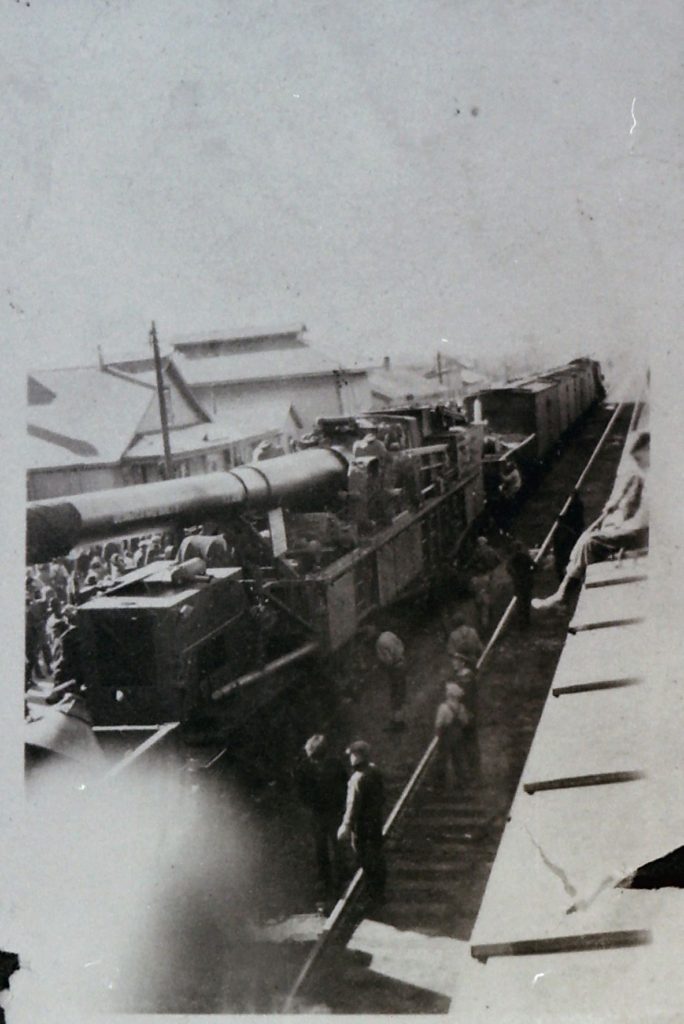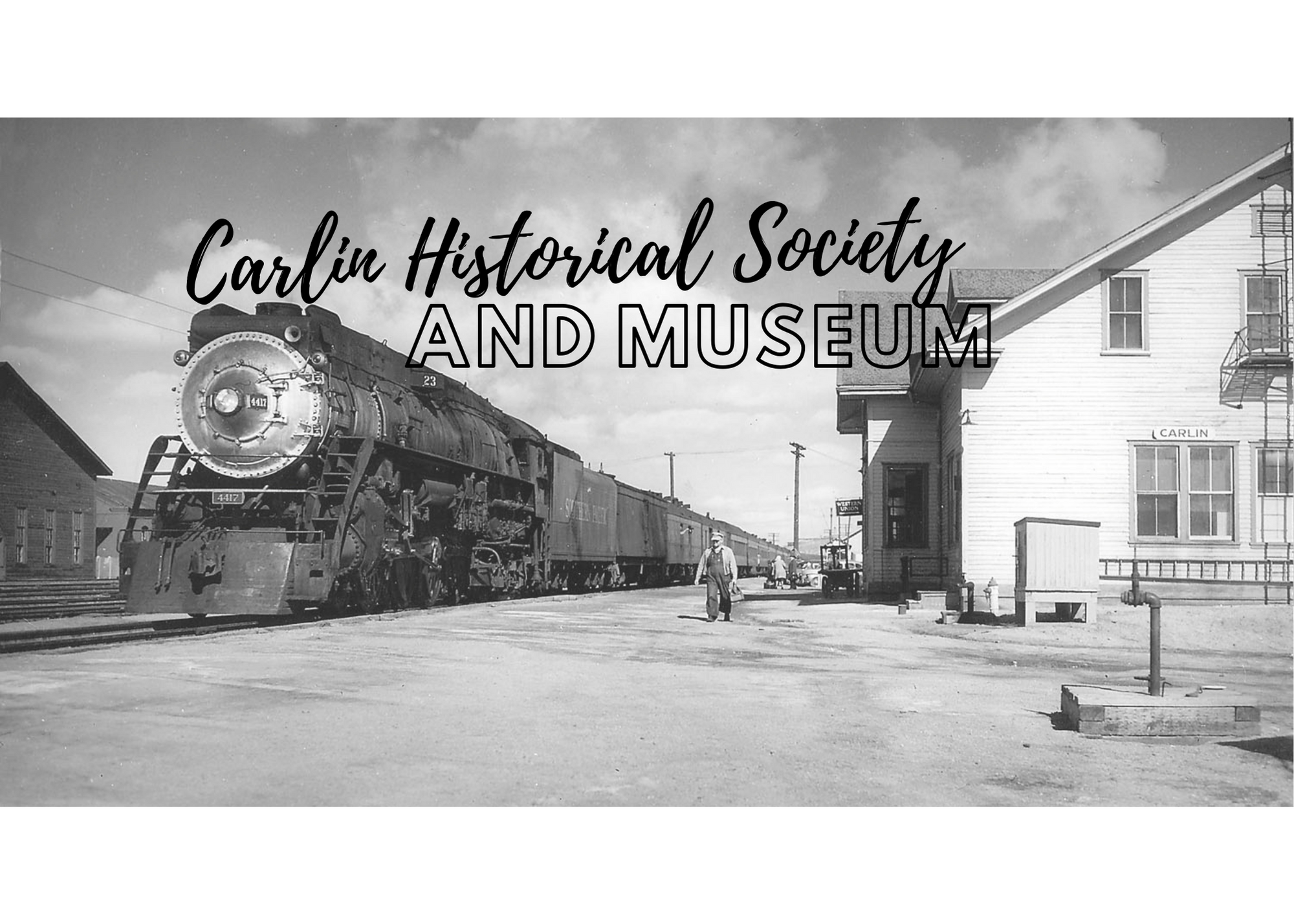For as long as I can remember, people have been asking Carlinites that live close to the tracks, if the trains bother them and Carlinites that live near the tracks have said they don’t even hear them anymore.
It seems this has always been and will always be in every town that tracks roll through.
Here is a unique newspaper article from the past that highlights this unique aspect of railroad towns…

A rewrite of an editorial from the San Jose, California, “Evening News” in 1942.
Railroad Noises
We have always resented those snooty expressions, “across the tracks” or “down by the tracks,” with their implication that there was something disreputable and socially low-life about living near railroad tracks. After living many years a block from the Espee’s rails, we rise to say that there are worse places to live.
Living close to the railroad has its obvious advantages when you are a boy. Where is there a more romantic place than the right of way, with wheezing switch engines, puffing freights (which travel so much faster now than they used to) and speeding passenger trains? Morning, noon, and night railroading holds attraction for a boy, which is why so many of them go into it, finding a romance which never dulls until they die.
“But how can you stand the noise?” someone asks.
Far from being bothered by the noises, you get so you find them soothing and conducive to repose. You get so you can tell the freight trains from the passengers, and you distinguish the touch on the whistle rope of that individualistic engineman who makes his blasts so short, sharp, and distinctive.
The various whistle notes represent to you these giant creatures of fire and steel talking to one another over long distances and on winter nights, when the wind is blowing and the rain is pelting against the windows it is pleasant to think of engineer and fireman, snug in their cab with the fire roaring below them, shunting lines of cars up and down the glistening wet tracks.
If these night noises from the tracks are comfortable and appealing to you during peace they have even more of these qualities during war. You realize that both the wars in which we are engaged are transportation wars and must be won not only in the foxholes and workshops but on the railroads as well. Some of the particularly long trains you hear puffing and snorting these nights are troop trains and others are weighed down with war’s materials. It is comfortable to reflect what a great job the railroadmen are doing, driving their trains and switching their cars 24 hours a day, even when you are asleep.
Back a few years, when trucks and buses started to cut more and more deeply into railroad revenues, with the airplane as an additional competitor just ahead, as a boy living near the tracks you may have wondered a little worriedly if they would put your old friends, the freights and passengers, out of business. It took the war to show that a nations need of railroads continues, that no nation can be great and strong without them. You are reassured by that, and by the articles and drawings that have been published of vastly improved equipment which will help the railroads get their share of traffic after the war. Such things mean your friends will be able to stay alive and that, drowsily safe and comfortable, you will continue to hear the trains chugging and puffing through the night.
